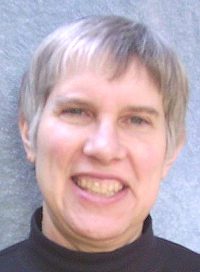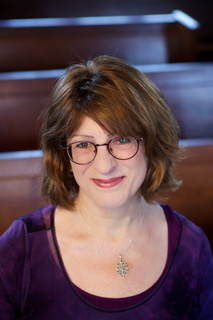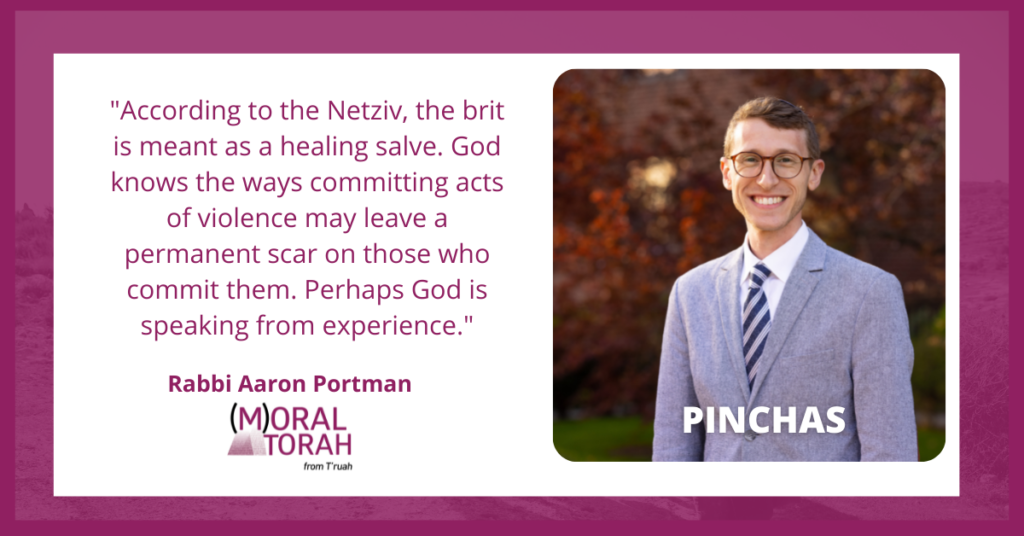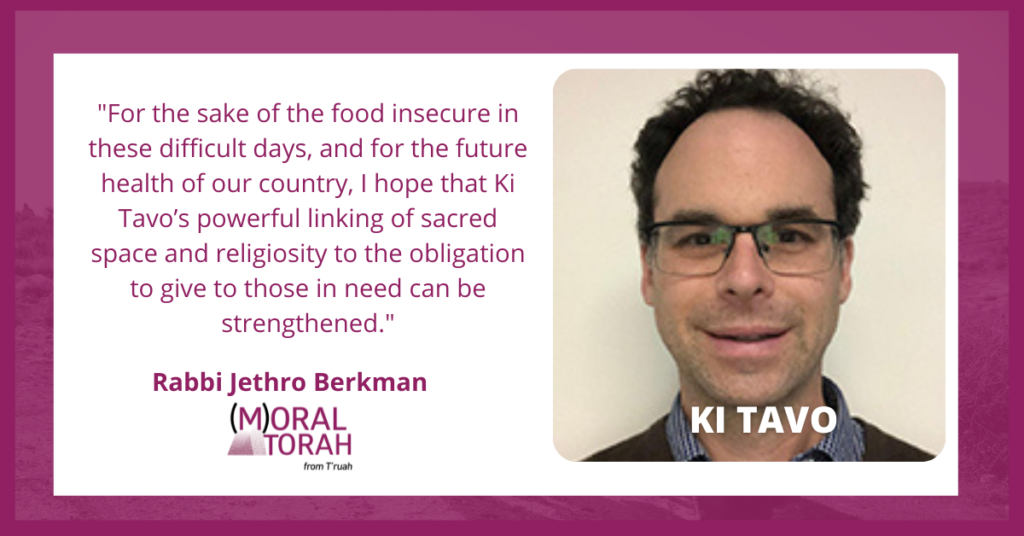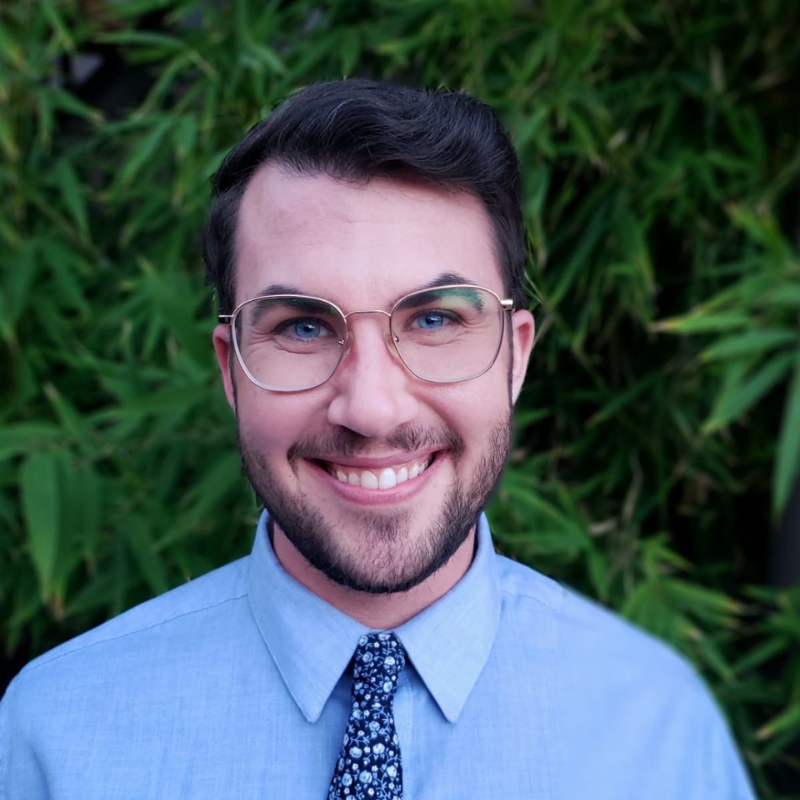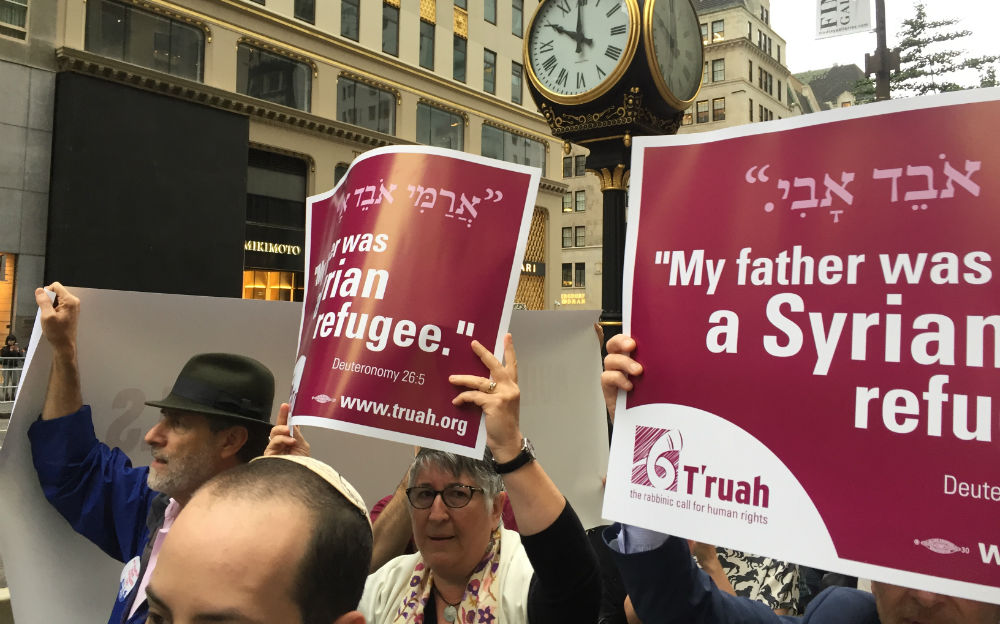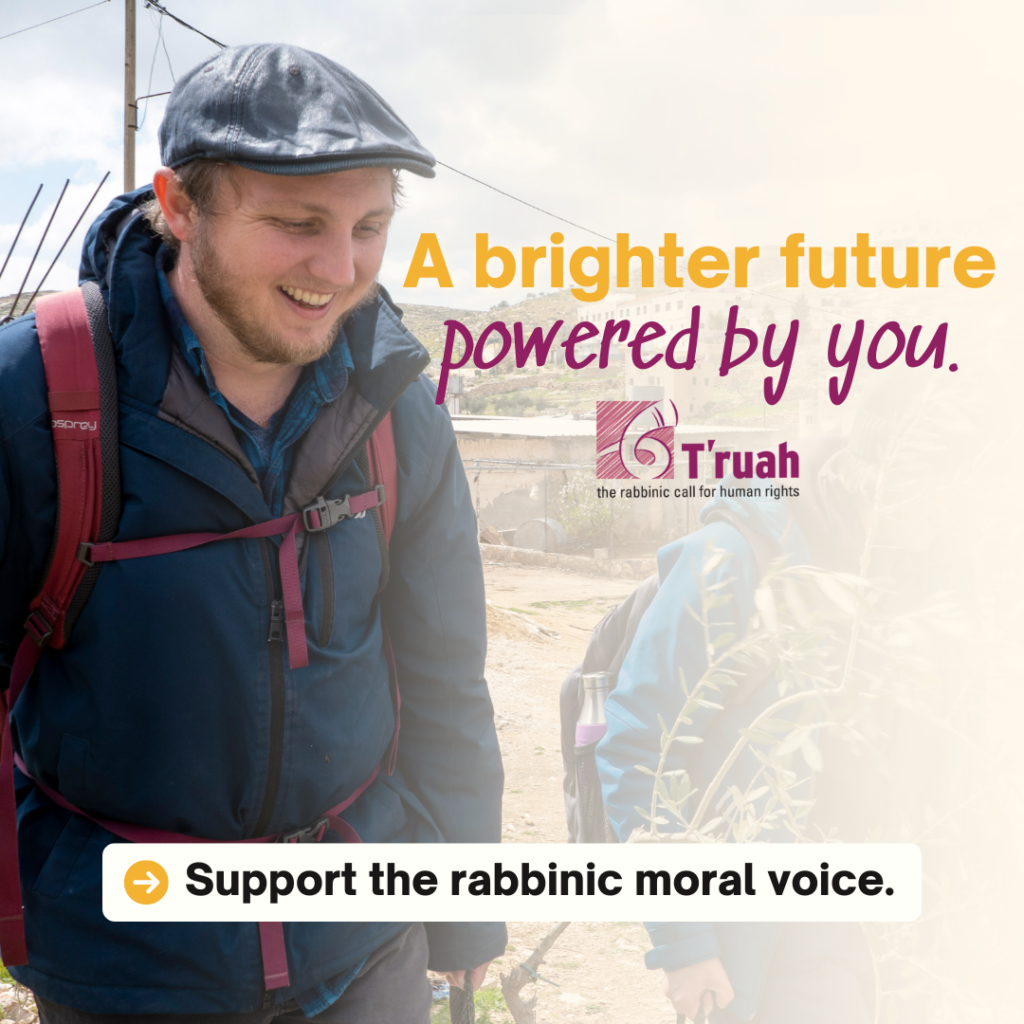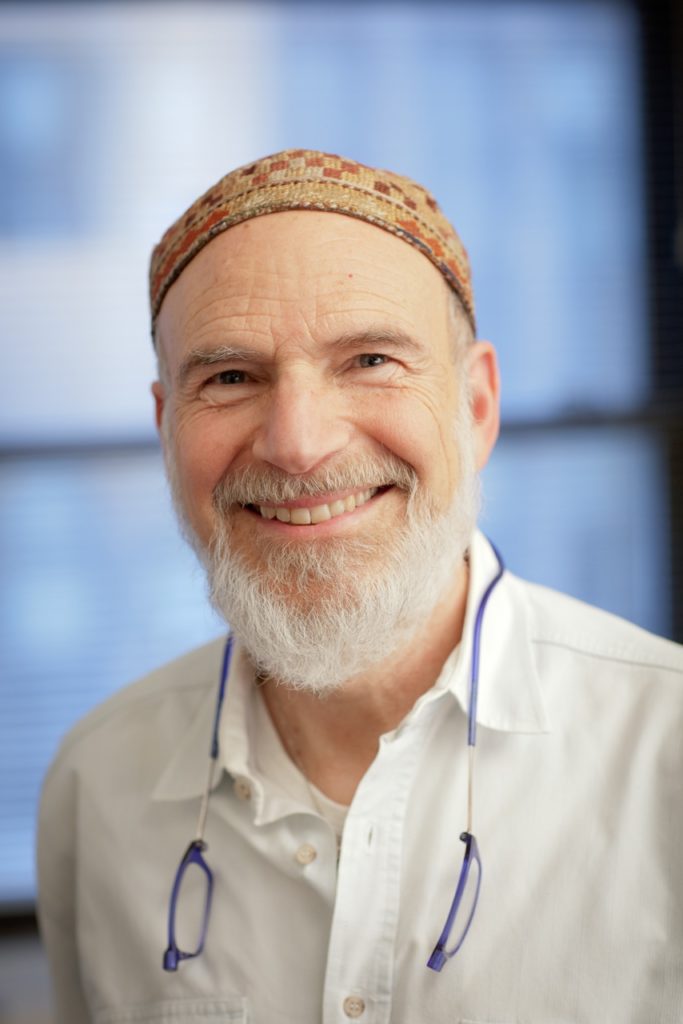
Rosh Pinna: Keystone of Justice
I am standing by a pristine mountain stream at 10,000 ft. in the Wind River Range in Wyoming and sobbing. My hiking partner Ed, whose family has been here for hundreds of years, has just said to me that the land belongs to me as much as it does to him. That was nearly 40...
read more

